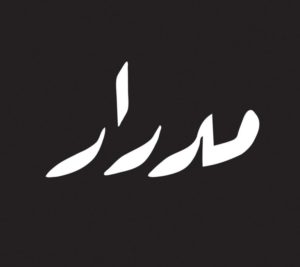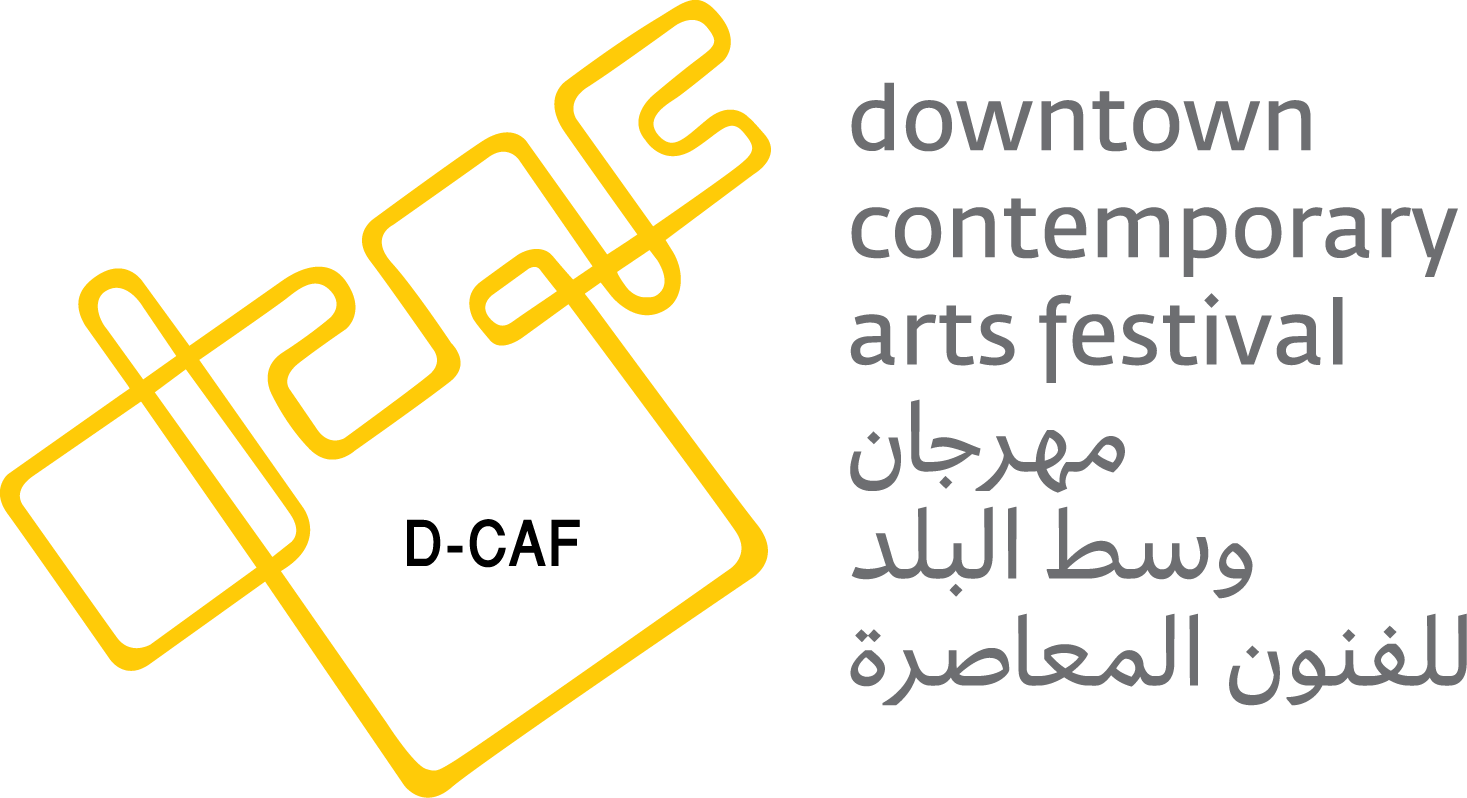The closure Roznama 6 – studio program in collaboration with D-Caf
Roznama
Exhibition
Medrar for Contemporary Art
24 September 2018 - 29 September 2018
We invite you to a week of events with the public in the closer of Roznama 6 program, after seven months of meetings, discussions, work, and collective thinking, through the frameworks of fellowship, and partnership.
Roznama 6 Studio program imagines an educational and social space. At its first edition, nine participants joined the program which relied on several intersecting paths, addressing the location of artists and in their surroundings related to language and material, history, authority, and concepts of work. Through these pathways, we have worked to extract concepts such as beauty, authenticity, and fatigue from their familiar contexts, and to reshape them within the artistic contexts of the process. Over the past months from March to August, the participants engaged in workshops and work groups that extend the length of the program, in addition to individual meetings with external consultants. The program’s structure constitutes two sessions of collective criticism that meet and demonstrate the program’s trajectories and implications, during which fellows presented projects developed during their time.
These events are held at the end of the term and open the discussion to a more diverse audience, where we bring back the ideas and discussions that inspired us during the program period.
We would be delighted if you could join us for our six nights of self-reflection and discussion.
// Fellows of Roznama 6 Studio of the year 2018//
Esraa Elfeki, Engy Mohsen, Aya Elsayed, Shadwa Ali. Mohamed Esmail Shawki, Marwan Elgamal. Mariam Hamdi, Hadia Mahmoud, and Hend Moaz.
// 2018 Program designed by //
Ahmed Elbadry, Mohamed Abdelkarim, and Nour Elsafoury
// Program Coordinator //
Nada Fathy
Rosnama 6 Studio Program in collaboration with D-Caf is an initiative of Medrar for Contemporary Art under the framework of D-Caf Festival’s Visual Arts Program at its seventh edition. This program would not have been possible without the invitation and cooperation of the D-Caf Festival to hold and implement it. We would also like to thank gallery Gypsum and Ismailia Real Estate Investment Company for their continued support of Roznama.
Thanks to all the fellows and consultants who contributed to Roznama 6
The schedule:
Monday – September 24:
// From 7 to 7:30 PM// Snippets of the expert fellows of Roznama//
// from 8 – 10 PM//: open discussion about education and learning in art through Roznama 6 publication which will be distributed before the closure and will be available in the studios during the week.
// from 10 – 11 PM //: Internal Broadcast:
Audio broadcasts that include songs, poetry, recordings, and discussions nominated by Roznama 6 fellows.
Tuesday – September 25:
// From 6 – 7:30 PM// Open discussion with the audience //
Starting with Aya Elsayed. Esraa Elfekki, and Hend Moaz. Aya worked on a project that merges interest in educational pedagogies in artistic spaces with photography’s relationship to memory and our personal archive. Esraa began her project of genocide research and developed it to contain a study into the aesthetics of speeches that merge political power with conspiracy. Hend views the intersection between art and torture through concepts borrowed from historical narratives. As a start to the discussion, part of these projects will be publicly available.
Wednesday – 26 September //Off//
Thursday – 27 September:
//From 6 – 7 PM// Open discussions with the Audience: with Marwan El Gamal and Shadwa Ali. Marwan talks to us about his project in which he uses visual and audio language that he has developed throughout his previous projects and about the kind of experience that the audience aspires to have. You will be able to watch an installation that was made by Marwan during the program. Shadwa then takes us on a sound trip in her studio through her project in which she uses a sound medium and recorded metro materials.
//From 7, 30 M-9// Discussion with Nour Emam: In this discussion, Nour will tell us about her project “Islam in the 21st Century: Inserting Electronic Music into the Rituals of the Sufi circles”, which she had worked on for two years. It shows us her experience of inserting electronic music as part of religious ritual circles and its impact on participants’ experiences. Questions were also raised about the location of the ethnologist during the fieldwork and the artist’s ownership of the work she carried out within the framework of those circles. Nour Emam ran a workshop in July with the fellows of Roznama 6 on the history of sound practices.
Friday – 28 September:
// From 6 – 7:30 PM // Open discussion with the audience: with Engy Mohsen, Mariam Hamdi, and Hadia Mahmoud. Engy is interested in social artistic practices. She will talk about her project “The Act of Conversing in a Space that Remembers” and interacting with an audience through a performance artwork. Mariam is interested in the medium of photography and is concerned with the relationship between social media platforms and predecessor images. Hadia works on her project with rubber and we will talk about her relationship with material and the concepts of beauty and ugliness. They will present their work in the studio space to start the discussion.
// From 8 – 9 PM // About the collective work: Fellows present their experiences of collective work through diverse projects they have undertaken during the program, along with some proposals related to the concept of collective work, policies, and tools. The discussion is moderated by Mohammed Abdul Karim.
Saturday – 29 September:
// From 6 – 6:30 PM // Open discussion with the audience: with Mohamed Esmail Shawki who will talk about the project that he made during the program and the action steps to work in public spaces.
// From 6 – 6:30 PM // About the artist, institution, and sustainability: A discussion on the economic relationship between artists and institutions, presented by the fellows through the presentation of materials from field research they carried out during the program period. We see this debate as a necessary complement to field research and an opportunity to initiate a dialogue involving art institutions for a more sustainable space. The discussion is moderated by Mohammed Abdul Karim.





